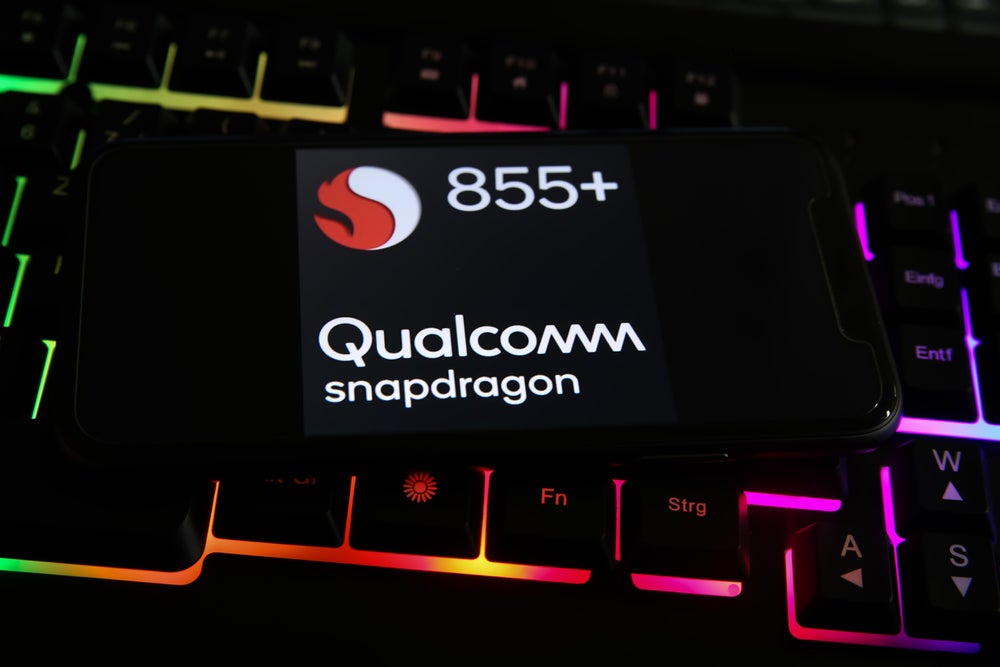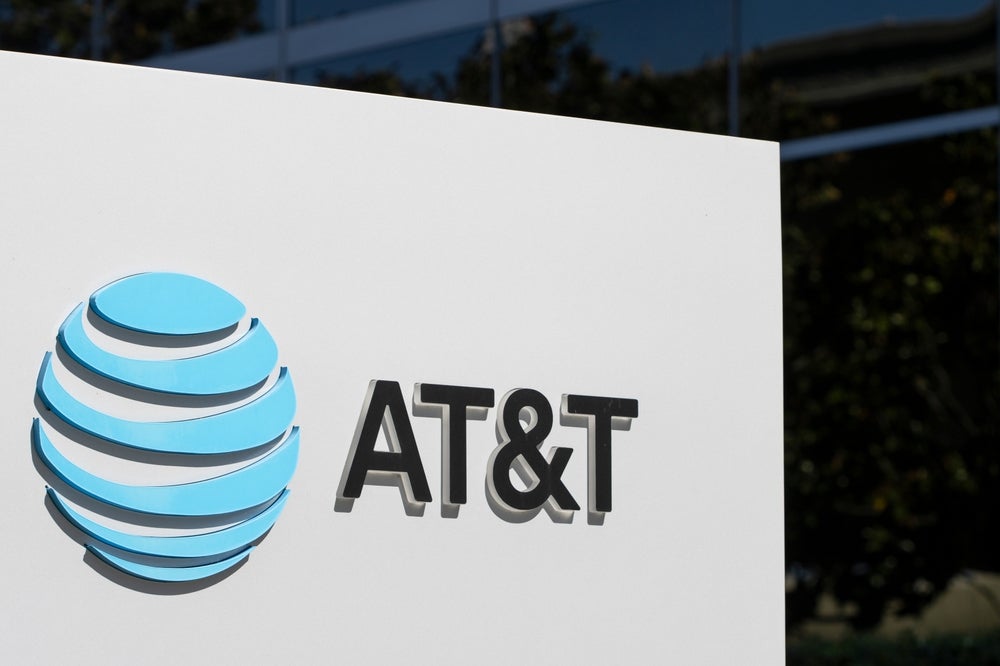
Wireless semiconductor maker Qualcomm is interested in buying a stake of Arm later this year when the chip designer goes public. The CEO of the American firm is also interested in purchasing the British firm outright with a consortium of rival chipmakers. A deal like that could avoid the pushback from politicians, market stakeholders and regulators that scuppered NVIDIA‘s Arm takeover earlier this year.
Qualcomm certainly has reasons to tread carefully when it comes to buying a stake of Arm. Technology companies around the world face an onslaught of regulatory scrutiny. Lawmakers and market watchdogs alike have spent the past few years turning up the heat against Silicon Valley tycoons, questioning their influence on everything from politics to teenagers’ mental health. Regulators are particularly concerned about how a few key players seemingly dominate their respective markets. The implosion of Nvidia’s takeover of chipmaker Arm should be seen in this light.
Nvidia first announced the Arm deal in September 2020, when it expected to pay $40bn in a cash and stock deal. When Nvidia’s share price increased thereafter, the deal became worth more than $50bn.
However, regulators across the globe spent the next 18 months scrutinising the deal. Regulators had reason to voice a sense of trepidation. Chips designed by Arm can be found in virtually every smartphone on the planet. Arm technology can also be found in TVs, data centres and cars.
Every market watchdog seemingly had an objection to make. The laundry list of regulators investigating the deal included the US Federal Trade Commission (FTC), the EU competition regulator, UK’s Competition and Markets Authority and China’s Ministry of Commerce and its State Administration for Market Regulation. Concerns ranged from antitrust to national security issues.
Eventually Nvidia couldn’t take the pressure, threw its hands up and cancelled the moribund deal in February, 2022. The collapse cancelled a lucrative payday for Arm owner SoftBank and CEO Masayoshi Son, one which the Japanese giant needed in light of its gloomy Q3 earnings report. A few days later, SoftBank announced plans to take the British firm public.
How well do you really know your competitors?
Access the most comprehensive Company Profiles on the market, powered by GlobalData. Save hours of research. Gain competitive edge.

Thank you!
Your download email will arrive shortly
Not ready to buy yet? Download a free sample
We are confident about the unique quality of our Company Profiles. However, we want you to make the most beneficial decision for your business, so we offer a free sample that you can download by submitting the below form
By GlobalDataSoftBank plans to float Arm in New York via an initial public offering (IPO). The decision to list across the pond has been interpreted as a setback for Rishi Sunak’s plans to make London the go-to spot for tech floats. In 2021, the chancellor of the Exchequer championed an overhaul of the British listing rules to make London IPOs more palatable for tech entrepreneurs. Despite binning outdated rules and an intervention from prime minister Boris Johnson, Arm is set to go public Stateside later this year. And that’s where Qualcomm comes into the story.
What’s up with the Qualcomm CEO’s bid to buy Arm stakes?
Qualcomm is one of the biggest semiconductor companies in the world. It has $156.5bn market cap. The firm’s CEO Cristiano Amon has told the Financial Times that Qualcomm is interested in buying a stake in Arm when it lists later this year.
The San Diego-based venture is also interested in sharing Arm with others, with the head honcho telling the FT that Qualcomm is interested in investing alongside other rival firms. In fact, he added that he’d be interested in joining other firms in a consortium with the aim to buy Arm outright, provided that the consortium would be big enough.
The goal of that imagined consortium would be to ensure that Arm stays neutral. Qualcomm is one of Arm’s biggest customers and uses chips designed by the British firm in everything from smartphones to computers.
Qualcomm vehemently objected to Nvidia’s acquisition of Arm before the deal collapsed, saying it would give the competitor an unfair advantage.
As noted by the FT, the proposed consortium would not only sidestep antitrust issues, but also provide Arm with funding it desperately need in order to continue to be competitive.
Market stakeholders have floated similar ideas for years. Some even noted it back when SoftBank bought Arm in 2016. Intel boss Pat Gelsinger said he would be interested in joining a consortium to buy Arm back in February, days after the IPO plans were announced.






